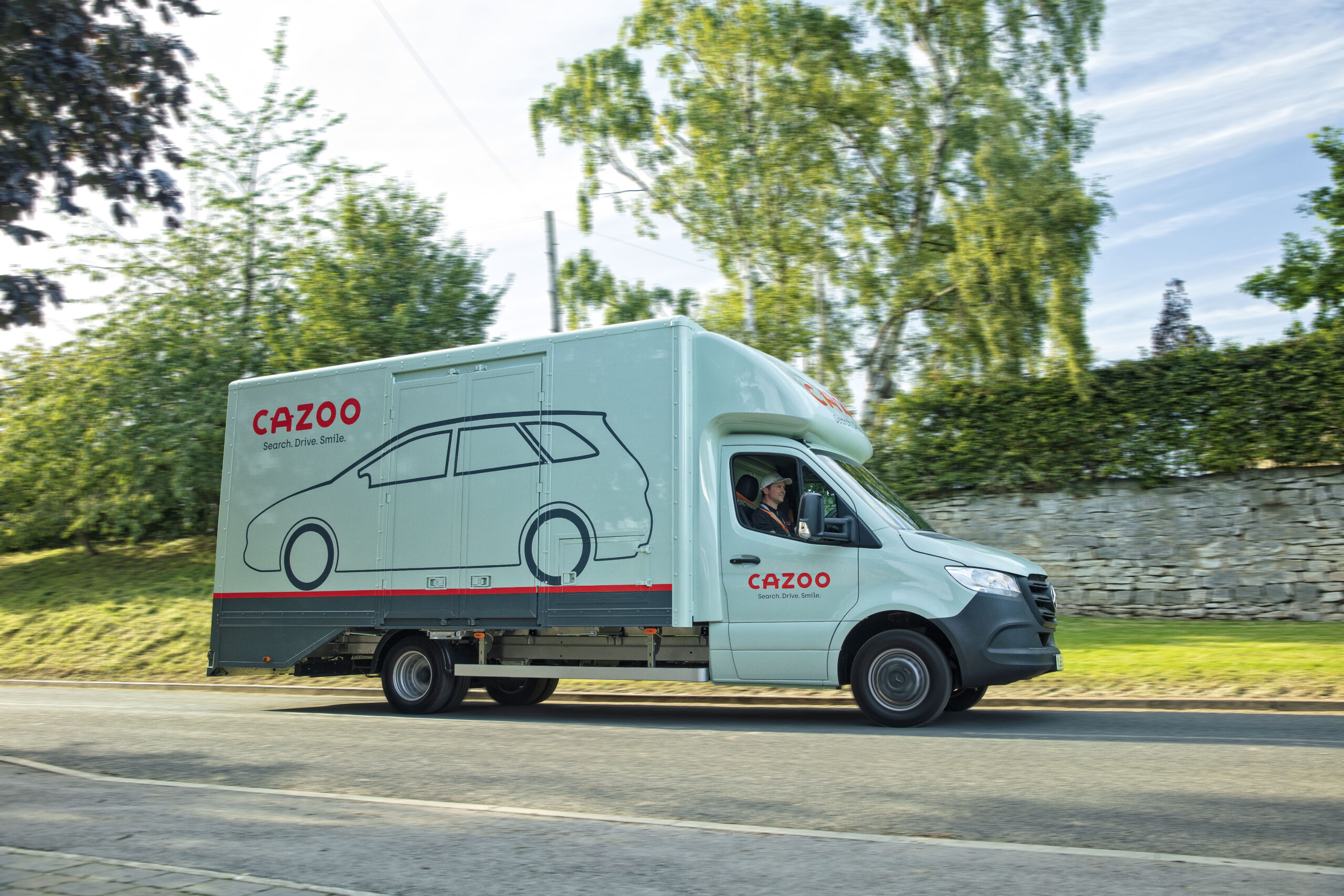Back to basics: how to hit the ground running in 2024

25 January 2024
SHARE
For auto retailers used to the profitable period over the past few years, 2024 could be a shock to the system. The market is moving from pull to push – and, believes Suzuki MD Dale Wyatt, “I fear that some dealers have forgotten how to push”.
As things toughen up further, he explained, this is going to widen the gap between the best, the average and the sub-par retailers. “Many of today’s salespeople have never experienced a downturn, and even those that have may well lack the muscle memory to be proactive in a planned way.”
The Suzuki sage has therefore outlined the basics retailers need to brush up on in 2024 – and here, we highlight the quick hits retailers can easily share and implement with their teams. They won’t overwhelm anyone, but they may just make the crucial difference between winning and losing.
Reactive and proactive checklist
Dale says that whenever he is confronted with an underperforming sales team, he utilises an activity check list. It has two columns, focusing on performance in reactive and proactive areas.
How well is your retailer performing in them?
Reactive
- Walk-ins
- Telephone
- Email enquiries
- Web leads
- Manufacturer leads
- Intermediary leads
Proactive
- Sales event
- New models and updates
- Lost sales
- Finance renewals
- Service and body shop customers
- Referrals
- Friends and family
- Suppliers
“In my experience, when I ask an underperforming business to review this simple list, significant gaps show up and sales opportunities miraculously appear.
“The list is by no means complete, but it serves as a reminder that even in the toughest trading periods, there are plenty of opportunities to talk to more people about their motoring needs.”
But how do auto retail businesses find themselves facing such problems with sales in the first place? From his experience, Dale says that poor-performing businesses are often over-managed and under-led. “Typically the management teams are office-bound and the sales teams are lacking motivation and self-discipline.
“This results in sales teams failing to talk to enough people, and failing to meet the needs of the people they are talking to. Often, simply asking for a list of in-market prospects and lost sales will highlight a lack of control.
“Of course, good salespeople always find a way – but others may never have been shown the way.” It’s something that retailers cannot afford to ignore either, concludes Dale. “As things toughen up in 2024, the gap between the best and the rest will only widen.”
Retailer tips: how Devonshire Motors is going back to basics
Devonshire Motors MD Nathan Tomlinson is well aware of the need to go back to basics in order to tackle the challenges of 2024. At the start of the year, he presented an all-hands business plan that focuses on improving performance during the year, to make the business ‘fit for purpose’ by 2025.
“Having spent 30 years in automotive retail, I’m well aware of the amount of noise and distraction present each day. Over time, I’ve learnt to filter and prioritise what’s important and what isn’t – otherwise, everyone wants to steal your time and, before you know it, you’ve lost control of your day and the purpose. When that happens, you’re just contributing to directionless noise.”
In his presentation, Nathan broke down the business into three basic priorities, each with an order of importance over the next. He used these to remind everyone of the business basics, and how they can make a difference.
1. Selling labour, a car or a part
Everyone is employed, either directly or indirectly, towards the profitable sale of a labour hour, a car or a part. Labour is the most profitable commodity, followed by cars, and then parts – both by volume and profit margin.
2. Customer experience
Generally speaking, looking after people like friends, saying yes instead of no, and being confident in charging for your service is the simple way to keep everything moving forward in a happy and profitable way.
3. Manufacturer standards
These impact a retailer’s ability to influence the first two priorities. Meeting OEM requirements is important, but they shouldn’t come at the expense of either selling labour or delivering great customer experience.
“These priorities are intentionally very general, as part of our desire to get people doing the basics brilliantly. However, I believe that being amazing at these three things, and prioritising them correctly, will get us 90% of where we need to be in 2024 and beyond.”
One-to-one conversations
How is Nathan rolling out his back-to-basics drive? “I’m kicking off with a series of one-to-one conversations about areas where I feel we need to reboot, empower or make changes. This will shake out some of the looseness and underperformance which we’ve allowed into certain areas of the business while we all recovered from the effect of the pandemic and refranchising.
“Conversations will be casual and supportive, with no agenda other than to ensure that every member of our team is clear on what they’re aiming for and capable of contributing to pure performance.
“My aim is to make 2024 another big, bold stride towards the best-in-class retailer that we were prior to 2019 with Mitsubishi – and will be once again from 2025 with Hyundai.”
NFDA reveals retailer worries for 2024
In early January, the NFDA surveyed members on their outlook for 2024. Optimism for the year, it seems, is split, with 42% of retailers saying they are ‘slightly optimistic’ – but 44% noting ‘pessimistic’.
Worryingly, given the new ZEV Mandate, retailers are decidedly pessimistic about EVs. Only 27% believe EV sales will be ‘better’ than 2023 and a mere 4% say they will be ‘much better’. The top three reasons for a lack of EV demand include range (82%), lack of chargers (82%) and cost (80%).
As it is an election year, retailers’ top priority for parties is business rates, following by corporation tax and fuel duty. EV price incentives and charging infrastructure were fourth and fifth.
“Most dealerships do not appear to hold an overly optimistic view of the overall trading environment for 2024,” said NFDA chief executive Sue Robinson. “As such, it is important that the government listens to the concerns of the industry during what has proven to be a tough period for the auto retail sector as it navigates its way through the cost-of-living crisis.
“Similarly, with dealerships investing heavily during the transition to electric, it is crucial that the government provides clarity and guidance surrounding EVs to help stimulate sales this year and avoid EVs flatlining.”


